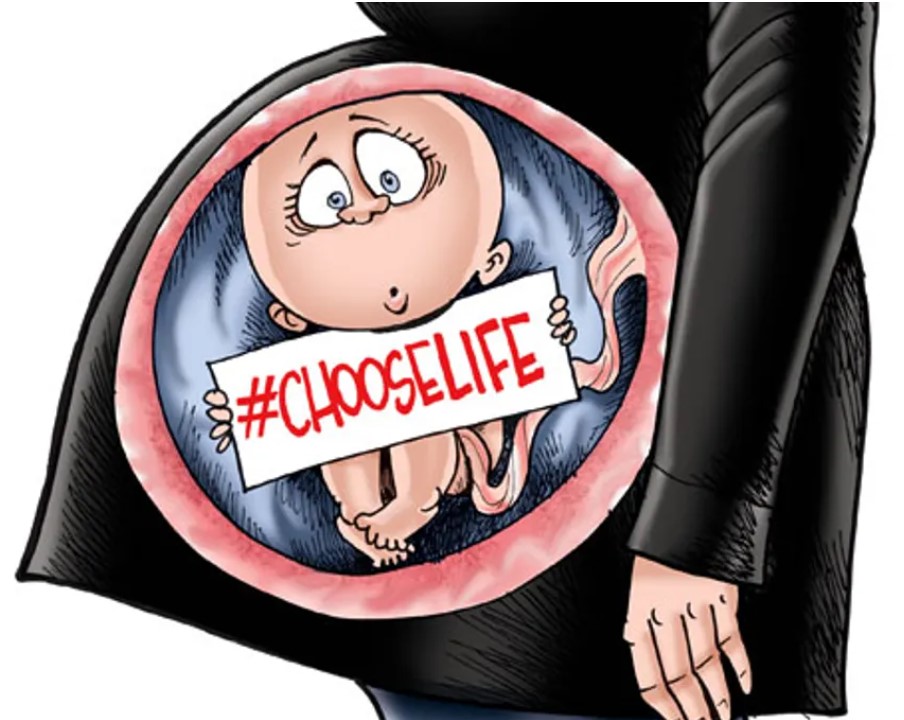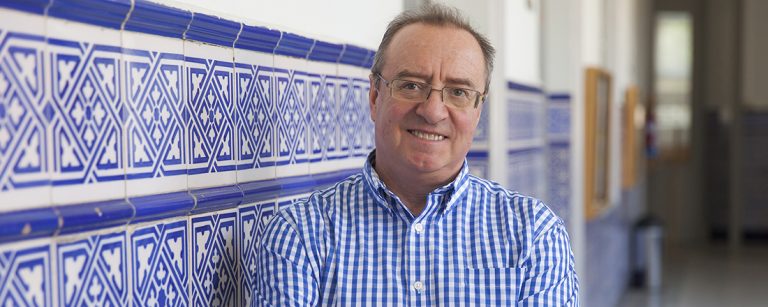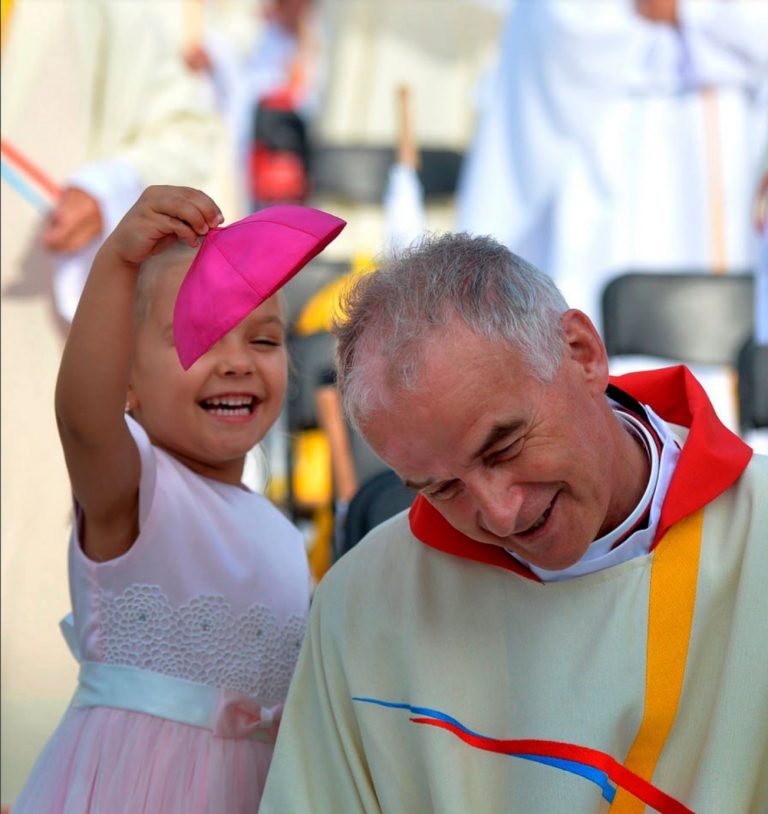Part II: Which points are incompatible?
Having analyzed the conflict at its root in the first article, it is necessary to analyze, from a more practical point of view, which SDGs put forward postulates that are difficult for Christians to accept. Starting from a different conception of “person” and “human dignity”, the SDGs that mainly come into direct conflict are those that call into question the Christian conception of family, religious freedom (of any creed) as well as those that actively promote gender ideology, contraception and abortion. Throughout this article, we will analyze the most problematic issues that the Christian investor may encounter when investing in companies that promote the 2030 Agenda.
First of all, one of the major issues at the center of the 2030 Agenda is health. Where in principle, anything that implies an improvement in health is positive, the means proposed by the 2030 Agenda to reach that end seem to focus on contraception and the promotion of free access to abortion. For example, in SDG 3, target 3.7 seeks to “ensure universal access to sexual and reproductive health services, including family planning, information and education, and the integration of reproductive health into national strategies and programs”[1]. Likewise, target 5.6 of SDG 5 seeks to “ensure universal access to sexual and reproductive health and reproductive rights”[2]. We can see that these declarations do not remain only at the theoretical level but are implemented in a very concrete manner. Let’s look at several examples: on the one hand, regarding everything that affects abortion and contraception, Spain has outlined the reform of the Organic Law 2/2010 on Sexual and Reproductive Health and the Voluntary Interruption of Pregnancy, with a clear impact on the achievement of target 5.6 of SDG 5[3]. France, on the other hand, has implemented a strategy to facilitate real access to abortion and contraception with full coverage of the entire process (consultations, analysis and ultrasound), free and confidential access to contraception for minors aged 15 to 18 years, the free morning-after pill at university and the increase of local abortion centers throughout the country[4].
In this regard, the Holy See, through the press release of Archbishop Bernardito Auza on the first anniversary of the adoption of the SDGs, strongly emphasizes that the concept of “health” must be broad, including the most vulnerable and, of course, the unborn[5]. The right to health comes from the right to life, and therefore, to use it to end life would be a contradiction in terms. Not only for the termination of life but also the instrumentalization of it. From the Catholic magisterium, sexuality is understood as a gift that simultaneously harbors a unitive and procreative character[6], hence the Church does not support methods that detach sexuality from these two dimensions.
Secondly, the 2030 Agenda has a clear focus on the promotion and implementation of gender ideology, which is in an opposite side to the concept of the Christian family and whose imposition can enter into a clear conflict with religious freedom or conscientious objection. In the preamble of the act of adoption of the SDGs, the importance of “the systematic incorporation of a gender perspective in the implementation of the Agenda”[7] is specified. The interpretation of the term “gender” in the United Nations refers to the roles, characteristics and opportunities defined by society, a product of the relationships between people and subject to change in time and place[8]. However, in one of the latest allusions of Pope Francis to gender ideology, “a distinction can be made between biological sex and the sociocultural role of sex (gender), they can be distinguished, but not separated”[9]. The positioning of the 2030 Agenda regarding the family goes against the invitation made by the Vatican document “Man and Male He Created Them”[10] when it states:
“Gender theories indicate – especially the most radical ones – a progressive process of denaturalization or estrangement from nature towards a total option for the decision of the emotional subject. With this attitude, sexual identity and family become dimensions of postmodern ‘liquidity’ and ‘fluidity’: founded only on a misunderstood freedom of feeling and wanting, rather than on the truth of being; on the momentary desire of the emotional impulse and on individual will.”
How are companies implementing these SDGs? Given that companies do not have the power to create laws, the implementation of these points of the 2030 Agenda by the corporate world can be seen very clearly in the lobbying campaigns being carried out by many companies. To give just a few examples, in 2016 in the United States more than 533 companies formed The Business Coalition for the Equality Act[11] to support the Equality Act, a law that in the name of tolerance threatens the ability to make decisions based on religious and anthropological convictions. In relation to access to free abortion and contraception more than 800 companies (including well-known brands such as Levi Strauss & Co, Netflix or Ben & Jerry’s) have positioned themselves in favor of abortion through campaigns such as Don’t Ban Equality[12].
In conclusion, the 2030 Agenda sets out a series of very positive goals and targets, but like any act, it is appropriate to ask whether the means used to reach that end are moral. It would be interesting to invite the Christian investor to reflect: What specific SDGs are pursued by the investment funds and companies in which I invest? Do these decisions by companies respect the religious freedom of stakeholders (investors, employees, customers, etc.)? Is the investment world blind to moral values?
[1] UN, Sustainable Development Goals, 2023. Available at: https://www.un.org/sustainabledevelopment/health/
[2] Ibid.
[3] Ministry of Social Rights and Agenda 2030, Progress Report 2022 of the 2030 Sustainable Development Strategy, 2022, p.159. Available at: https://www.mdsocialesa2030.gob.es/agenda2030/documentos/IP22_AC.pdf
[4] UN, Report on the Implementation by France of the Sustainable Development Goals, 2016, p. 23. Available at: https://sdgtoolkit.org/wp-content/uploads/2017/02/10726Report-SDGs-France-2.pdf
[5] Archbishop Bernardito Auza, Note Of The Holy See On The First Anniversary Of The Adoption Of The Sustainable Development Goals, Permanent Observer Mission of the Holy See to the United Nations, 2016, p. 6. Available at: https://holyseemission.org/contents/statements/5806914667987.php
[6] Pontifical Council for Justice and Peace, Compendium of the Social Doctrine of the Church, Biblioteca de Autores Cristianos, 2019, p. 120, 121.
[7] UN, Draft resolution referred to the United Nations summit for the adoption of the post-2015 development agenda by the General Assembly at its sixty-ninth session. ‘Transforming our world: the 2030 Agenda for Sustainable Development’, 2016, p.7. Available at: https://www.un.org/en/development/desa/population/migration/generalassembly/docs/globalcompact/A_RES_70_1_E.pdf
[8] UN, Gender and Health, 2018. Available at: https://www.who.int/news-room/questions-and-answers/item/gender-and-health
[9] Pope Francis, Amoris Laetitia: Apostolic Exhortation on Love in the Family, 2016, point 56. Available at: https://www.vatican.va/content/dam/francesco/pdf/apost_exhortations/documents/papa-francesco_esortazione-ap_20160319_amoris-laetitia_en.pdf
[10] Congregation for Catholic Education of Institutes of Studies, Male and Female Created Them, 2019, p.11. Available at: https://www.vatican.va/roman_curia/congregations/ccatheduc/documents/rc_con_ccatheduc_doc_20190202_maschio-e-femmina_en.pdf
[11] Human Rights Campaign, Business Coalition for the Equality Act, 2023. Disponible en internet: https://www.hrc.org/resources/business-coalition-for-equality
[12] Don’t Ban Equality, 2023. Disponible en internet: https://dontbanequality.com/




